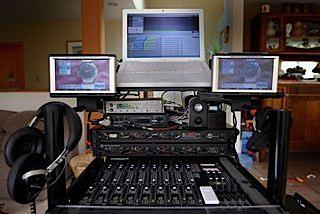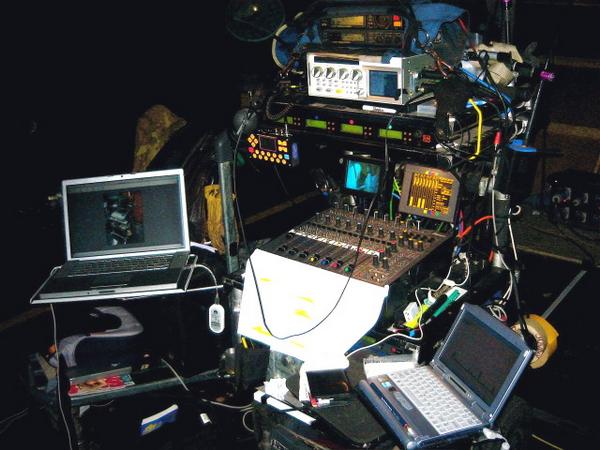Hi, audio gurus.
Question - I have seen a few threads, posts and recommendations on here for Tascam and Zoom audio recording systems. How about a good old laptop? I have a Lexicon Alpha - it has one XLR port and a few line (in and out) ports. I was planning on upgrading and going with the next model (not sure what it is off the top of my head), which has more than one XLR port. So, is this a good option for capturing sound (dialog and/or ambient) outside of the camera? Is a setup like this just as good as a Tascam or a Zoom unit? Is this a better or worse alternative? Thank you.
Question - I have seen a few threads, posts and recommendations on here for Tascam and Zoom audio recording systems. How about a good old laptop? I have a Lexicon Alpha - it has one XLR port and a few line (in and out) ports. I was planning on upgrading and going with the next model (not sure what it is off the top of my head), which has more than one XLR port. So, is this a good option for capturing sound (dialog and/or ambient) outside of the camera? Is a setup like this just as good as a Tascam or a Zoom unit? Is this a better or worse alternative? Thank you.






